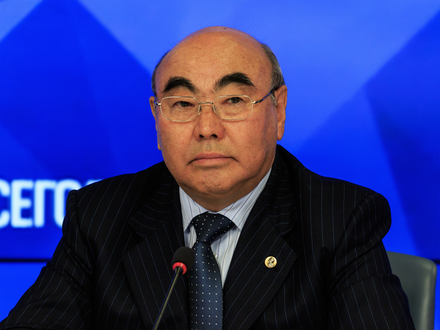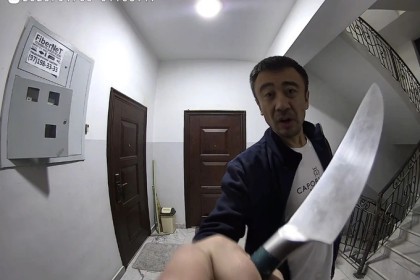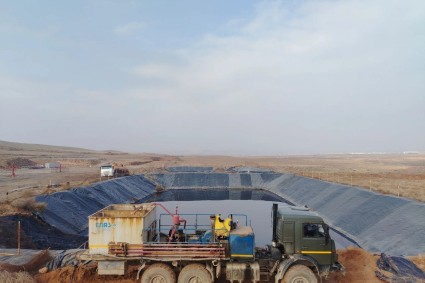The former President of Kyrgyzstan, Askar Akayev, commended the reforms carried out in Uzbekistan during the Presidency of Shavkat Mirziyoyev.
“My attitude to the policies pursued by the President of Uzbekistan Shavkat Mirziyoyev is very positive. If his policies take shape into real and consistent actions, then in ten years we will see a New Uzbekistan - a true democracy with thriving digital economy and vibrant and united society. This will be the outcome of the current process of the Uzbek renaissance,” Akayev told the UzA in an interview.
“What are my predictions based on? First of all, the very personality of President Shavkat Mirziyoyev - a reformer who has 15 years of unique experience in managing the Uzbek economy, who has a strategic vision. As a reformer, he reminds me of the outstanding head of the Soviet government, Alexei Kosygin,” he added.
Akayev noted that if Kosygin's reforms were fully implemented in the 1960s and 1970s, the Soviet Union would end up with "a powerful and prosperous economy in the 1980s, and the country would have survived. Shavkat Mirziyoyev has every chance to implement his own progressive reforms,” Akaev underscored.
In his opinion, the successful implementation of Uzbekistan reforms will be facilitated by the new foreign policy initiatives of Shavkat Mirziyoyev, aimed at improving relations with neighboring countries.
“Here I mean the initiative to draft an extremely important regional document “On friendship, Good-neighborliness and Cooperation in the 21st century”. This is what true leaders do, they care for the well-being of the people and the region as a whole, because those are interconnected. It is remarkable that Uzbekistan is also making great efforts to unite Central Asia for a mutually beneficial solution to regional problems, such as the rational use of water and energy resources and transport communications,”Akayev said.
The reform of the economic policy of the Soviet Union started in September 1965 with a speech by Alexei Kosygin at the plenum of the Central Committee of the CPSU, where he spoke about the tasks for the eighth five-year plan. In the USSR, the reform is known as the Kosygin reform, in the West - sometimes as Lieberman's reform. Chairman of the Council of Ministers of the USSR Kosygin was its main initiator. The reform, which introduced elements of market incentives into the planned economy of the USSR, was curtailed at the beginning of the 70s.
Askar Akayev, 76, is a Kyrgyz politician who served as President of Kyrgyzstan from 1990 until being overthrown in the March 2005 Tulip Revolution. He is now working as Professor and Senior Researcher of Prigogine Institute for Mathematical Investigations of Complex Systems at Moscow State University.















